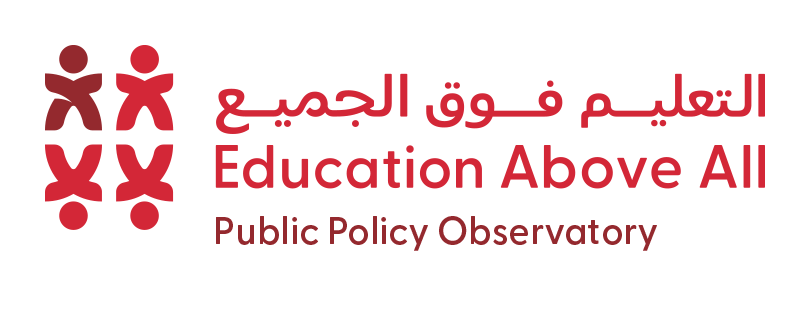Context and Issue
Globally, policymakers grapple with the challenge of ensuring effective classroom teaching practices. While pay-for-performance schemes have gained traction, their costliness and mixed results pose significant concerns. A fundamental issue lies in teachers' lack of tools and skills to enhance their performance. Classroom observations across Latin America and the Caribbean reveal substantial disruptions, with teachers losing valuable teaching time and students disengaged during a considerable portion of classes.
Solution
In response to these challenges, SIEF researchers collaborated with Brazil's Lehmann Foundation and the Ceara state government to evaluate a one-year program to enhance classroom practices and improve student learning outcomes. The program, implemented from 2014 to 2015, provided secondary school teachers with classroom observation feedback and expert coaching.
Impact
A cluster randomized control trial was employed, with the treatment group of 150 schools receiving detailed feedback from Stallings method classroom observations, four face-to-face coaching sessions, and bi-weekly support via Skype from expert coaches. The evaluation revealed significant improvements: teachers increased time on instruction by 10%, reallocating time from classroom management to instruction, resulting in nearly three additional weeks of instruction annually. Furthermore, teachers adopted more interactive pedagogical approaches, leading to increased student engagement. Student test scores improved significantly in Portuguese and math across the board, with particularly notable gains observed in schools with intensive program implementation, translating to substantial improvements in a single school year. Delivering coaching via Skype maintained low costs at $2.40 per student, rendering the program highly cost-effective compared to other teacher training initiatives in developing countries.













